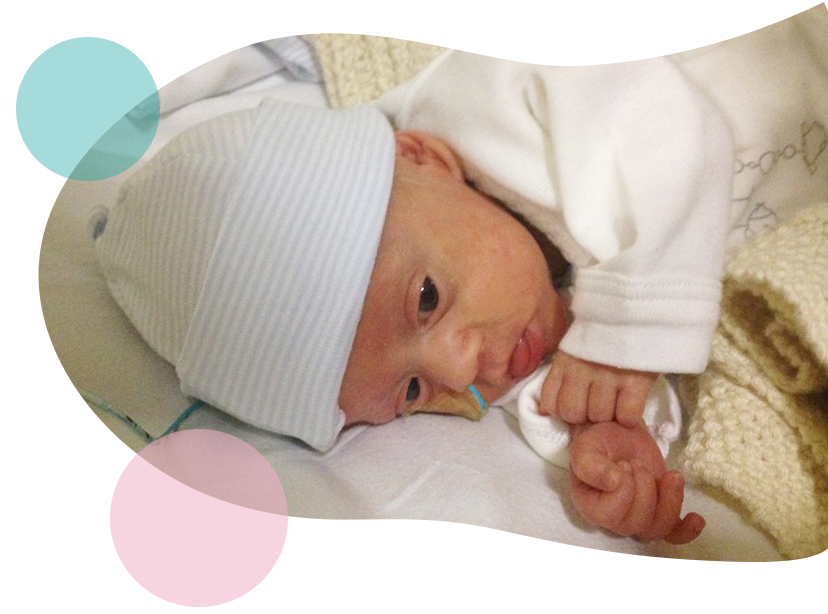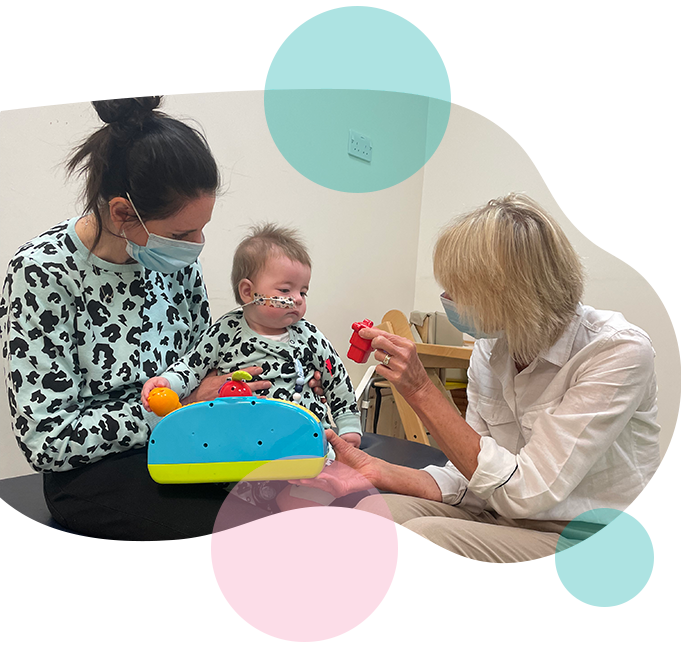What is Early Intervention?
Early intervention should maximise a child’s potential by intensively supporting his/ her development in the early years of life, when the brain is most “plastic” (able to adapt).
“The goal of early intervention is to minimise cognitive, motor and emotional impairments in young children disadvantaged by biological or environmental risk factors. The early years are critically important for cognitive and motor development. The timing of therapeutic approaches that support developmental acquisition during this period reflects the most dynamic period of neuroplasticity with the highest potential for ameliorating the negative sequelae associated with high-risk infants” (Morgan et al 2016; Hadders-Algra et al 2017).
EiSMART interventions are characterised by a focus on exploration, active trial and error, variability of practice, high frequency of practice, and parent/carer education and active involvement. The goal is not only to advance targeted skills in the moment, but to more broadly advance your child’s future abilities.

